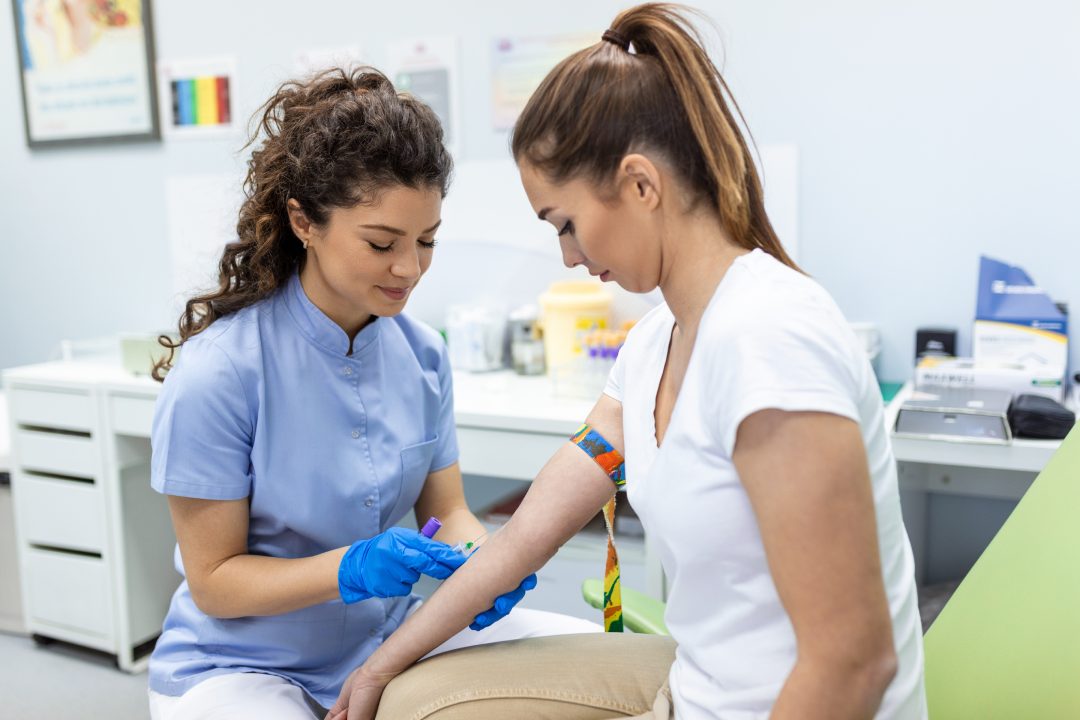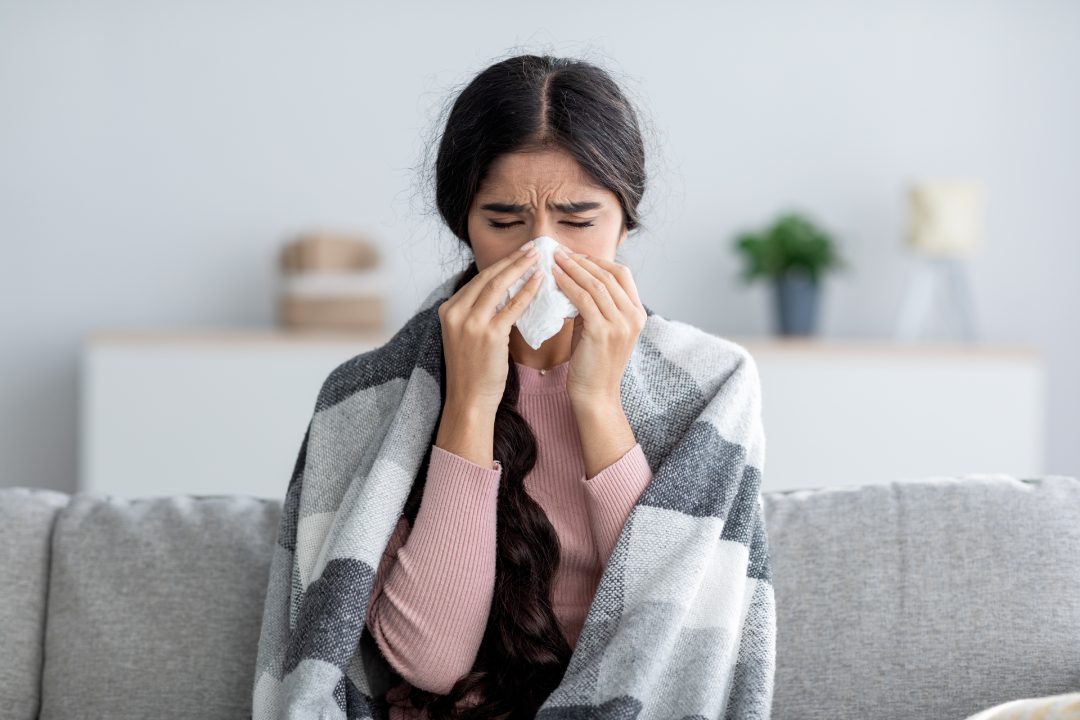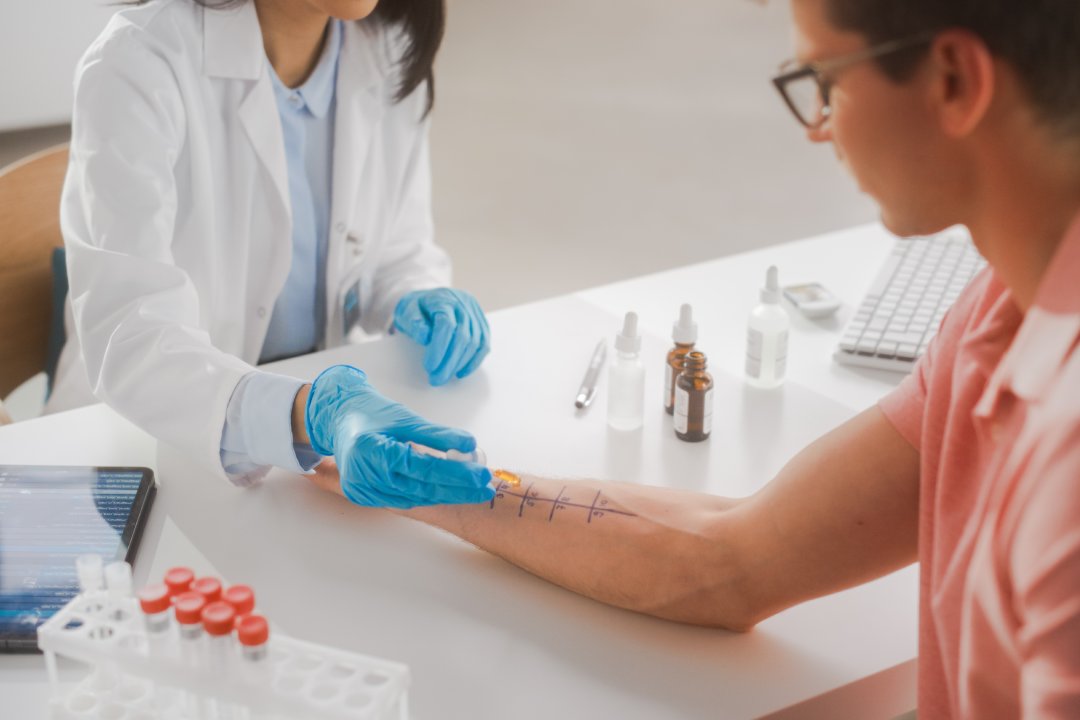How Allergy Testing Can Improve Your Quality of Life
According to the American Academy of Allergy, Asthma, and Immunology (AAAAI), more than 50 million Americans suffer from allergies each year. While allergies are often mild and pose no significant threat, some can escalate to life-threatening conditions without prompt medical intervention.
Allergies are essentially a response triggered by our immune system against substances it deems foreign. The types of allergens people react to are diverse – from peanuts and snake venom to specific plants and foods. At the core of this immune reaction lie antibodies.
When the immune system erroneously perceives a harmless substance as a threat, it produces antibodies, leading to allergic reactions. These reactions can manifest as a range of symptoms, from mild redness and inflammation to severe anaphylaxis that can put the body into shock and threaten the allergic individual’s life.
In instances where the cause of allergic reactions remains elusive, healthcare professionals resort to a series of tests involving different known allergens. The objective is to observe the immune system’s response. This diagnostic procedure is aptly termed allergy testing.
So, what is allergy testing exactly, and how can it improve the quality of your life? Let’s find out.

How is Allergy Testing Carried Out?
Allergies can be tested using two types of tests – skin and blood tests.
Skin tests
Skin tests help identify various allergens, including airborne, food-related, and contact allergens. Scratch tests involve placing liquid allergens on the skin’s surface and monitoring for localized reactions such as redness or swelling. If inconclusive, an intradermal test injects some allergen into the skin’s dermis layer.
Patch tests, using adhesive patches with suspected allergens, are employed for allergic contact dermatitis evaluation. Results are reviewed 48 to 96 hours after application.
Blood tests
In cases where severe allergic reactions or the inability to undergo skin tests is a concern, doctors may opt for a blood test. The ImmunoCAP test analyzes a blood sample for specific allergen-fighting antibodies (IgE antibodies). This method is suitable for those at risk of severe reactions during skin tests.
A combination of skin tests and blood tests
Generally, a combination of skin and blood testing is employed to diagnose allergies. For instance, in skin prick testing, a small amount of allergen is applied to the skin, and any resulting red bumps are measured. If the cause of allergies remains unclear, your allergist may conduct tests for various allergens simultaneously and go forward with blood tests to gain more insights.
Skin tests may induce temporary itching, alleviated with antihistamines or steroid creams. Positive skin test results require further verification through a blood test that analyzes IgE antibodies. In cases of uncertainty, an oral food challenge may be further conducted to understand the underlying cause better.

Importance of Allergic Testing in Improving the Quality of Life
Accurate identification of allergens triggering allergic reactions is important for effective allergy management. Without understanding these triggers, it will be challenging to avoid exposure to them.
Allergy testing can help you with:
Finding the Root Cause of the Allergic Reaction
The primary objective of allergy testing is to identify what triggers an allergic reaction. Based on the findings, doctors can then recommend dietary and lifestyle guidance. You can also use this information to proactively steer clear of these triggers, thereby diminishing the likelihood of experiencing allergic reactions.
Distinguishing Between Symptoms
Beyond mere identification, allergy testing plays a pivotal role in differentiating allergy symptoms from other conditions, such as the common cold or respiratory infections. It helps ensure accurate and targeted treatment, thus preventing the confusion that can arise from overlapping symptoms.
Creating Personalized Treatment Plans
Allergy tests also help in developing personalized treatment plans. Recognizing that each individual’s allergies are unique, healthcare professionals use the information obtained through testing to craft tailored approaches to address your specific triggers and needs. This helps you with allergy management, offering a more targeted and efficient path to relief.
Minimizing Medical Dependency
The main focus of allergy testing is to reduce your reliance on medications. Identifying allergy triggers helps you manage allergies by reducing excessive dependence on medicines. You are able to make informed decisions about your daily routines, diet, and surroundings to minimize exposure to allergy triggers.

How Accurate is Allergy Testing?
Most of the time, skin testing gives the most accurate result. However, there are some times that it could give false results as well. This might occur if an individual takes medication within a week of the test. It is generally advised not to take over-the-counter antihistamine medicines before a scheduled test as they impact test results.
What to Expect During Allergy Testing?
Allergy testing begins with a thorough review of your medical history, symptoms, and treatments. Before suggesting a skin test, your healthcare provider will ask detailed questions to understand your health story and family allergy patterns. They will then perform a detailed physical exam to gather more clues about your symptoms.
Next, your healthcare professional will perform a skin test to observe how your body reacts to allergens. If you have an allergic reaction, it shows up at the test site. Sometimes, you may experience mild symptoms like itchy skin, watery eyes, and congestion, but these typically go away within one to two hours.
How to Prepare for Allergy Tests?
Avoid consuming medications, particularly antihistamines, before an upcoming allergy test. More often than not, doctors advise against consuming medicines three to seven days prior to the test for accurate results.
If you live in Texas, don’t let allergies ruin your day. At Kuye Medical Group, we offer expert allergy testing and support in managing your allergies so you can live a more comfortable life. To learn more about allergy testing and book your appointment with Kuye Medical Group, contact us today.






